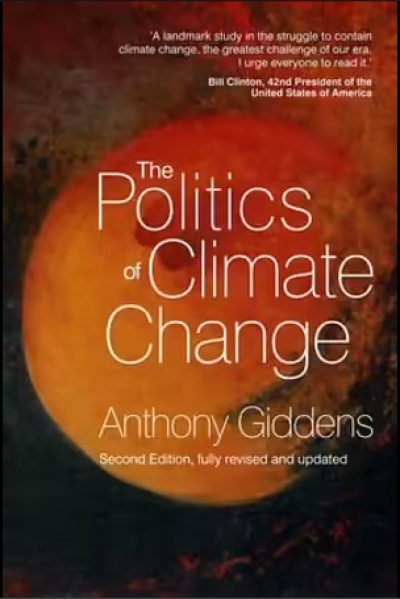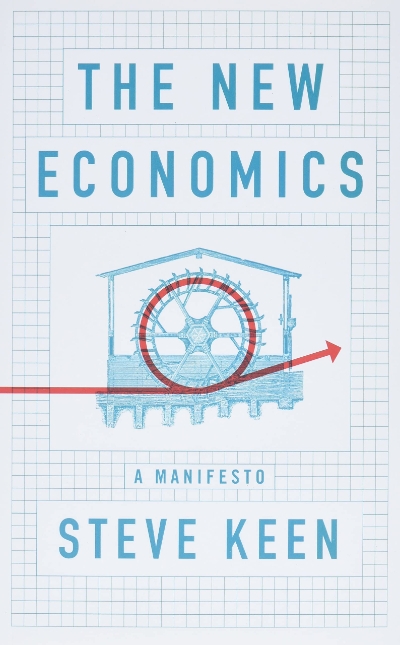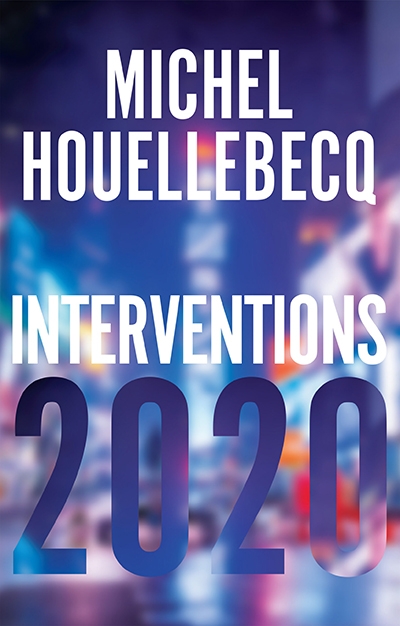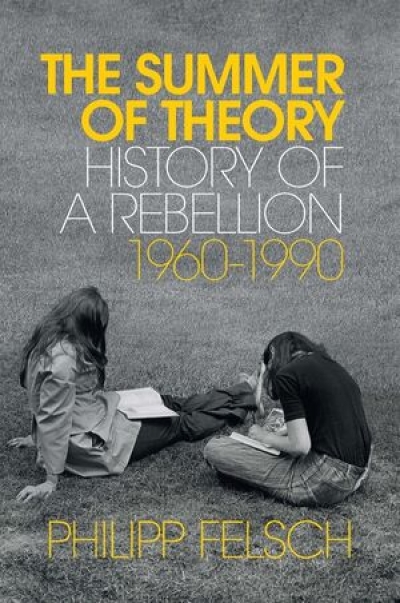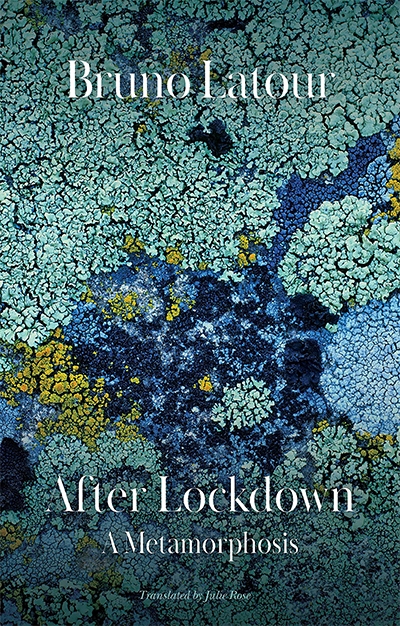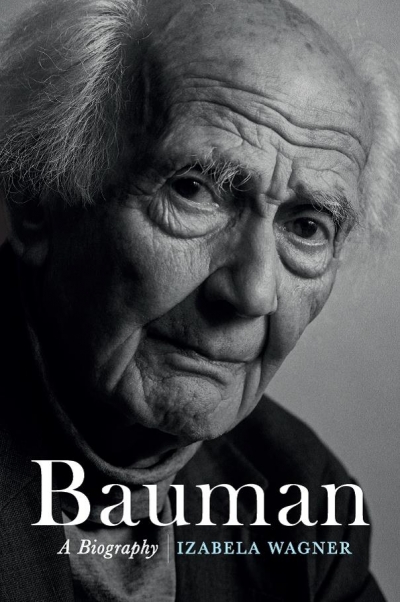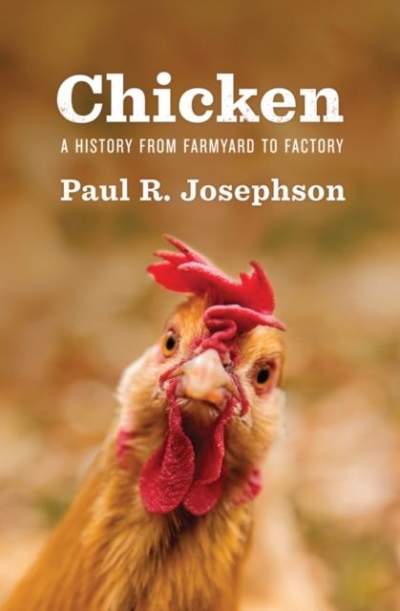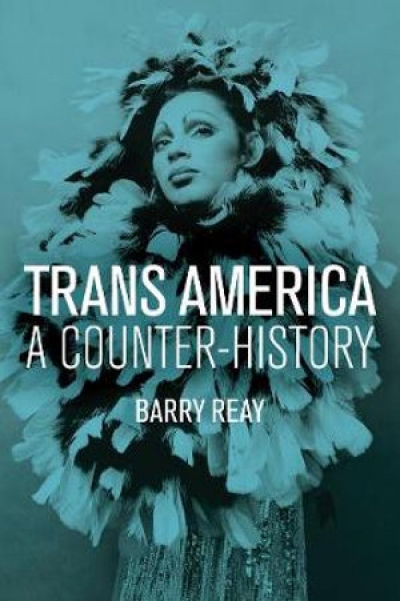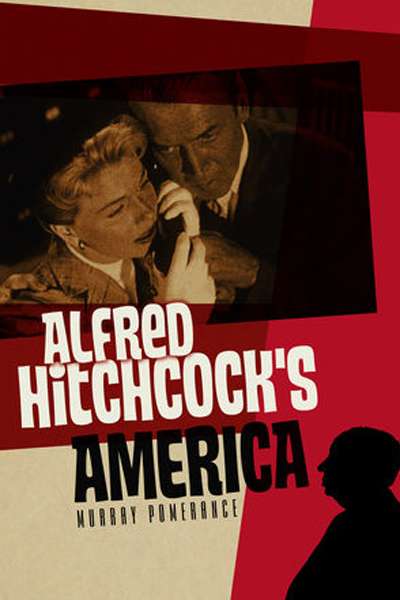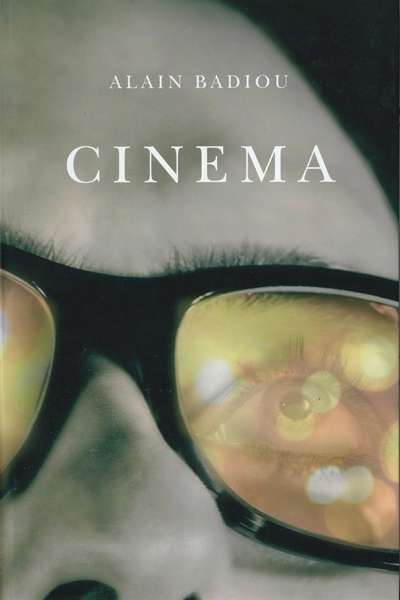Polity
Interventions 2020 by Michel Houellebecq, translated by Andrew Brown
by David Jack •
The Summer of Theory: History of a rebellion, 1960–1990 by Philipp Felsch, translated by Tony Crawford
by Sheila Fitzpatrick •
After Lockdown: A metamorphosis by Bruno Latour, translated by Julie Rose
by Paul Muldoon •
Chicken: A history from farmyard to factory by Paul R. Josephson
by Ben Brooker •
Cinema by Alain Badiou, translated by Susan Spitzer
by Hamish Ford •

